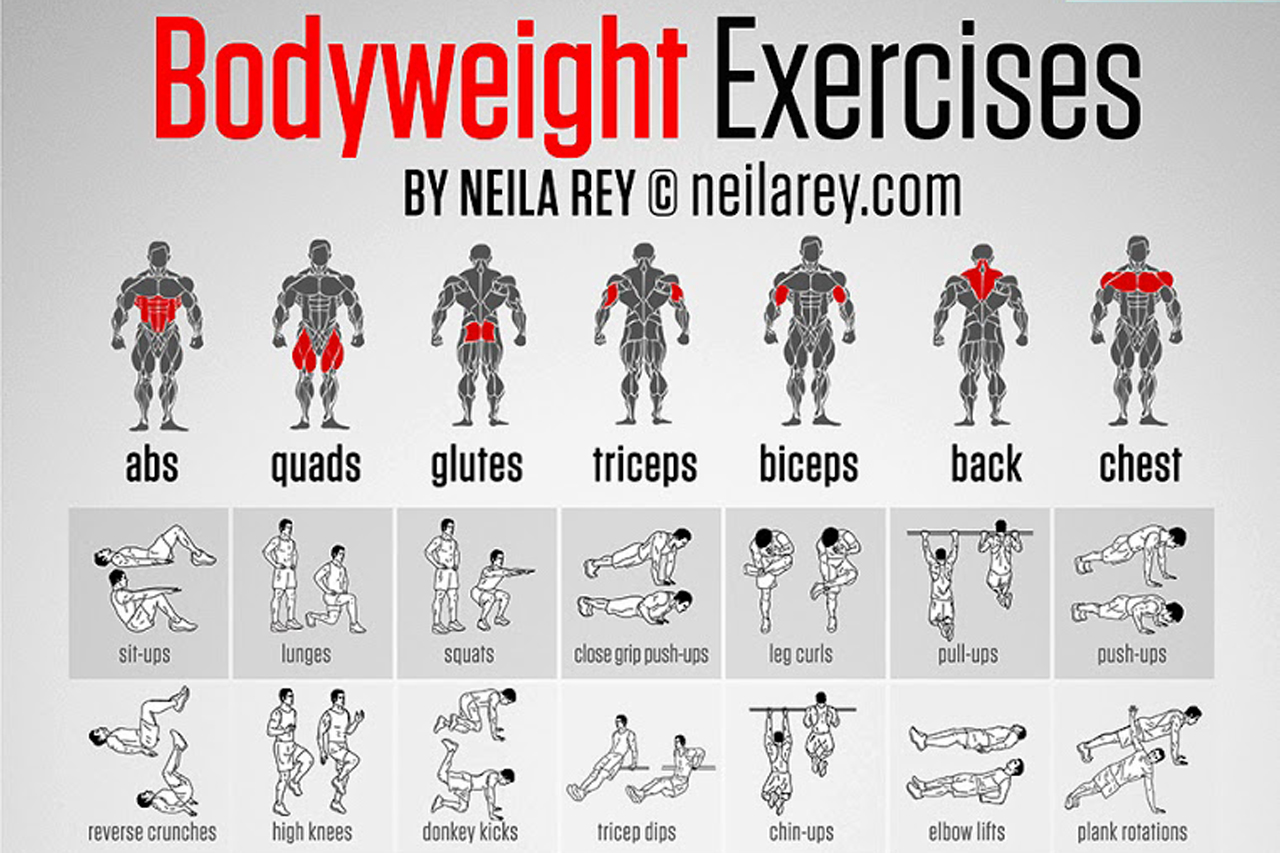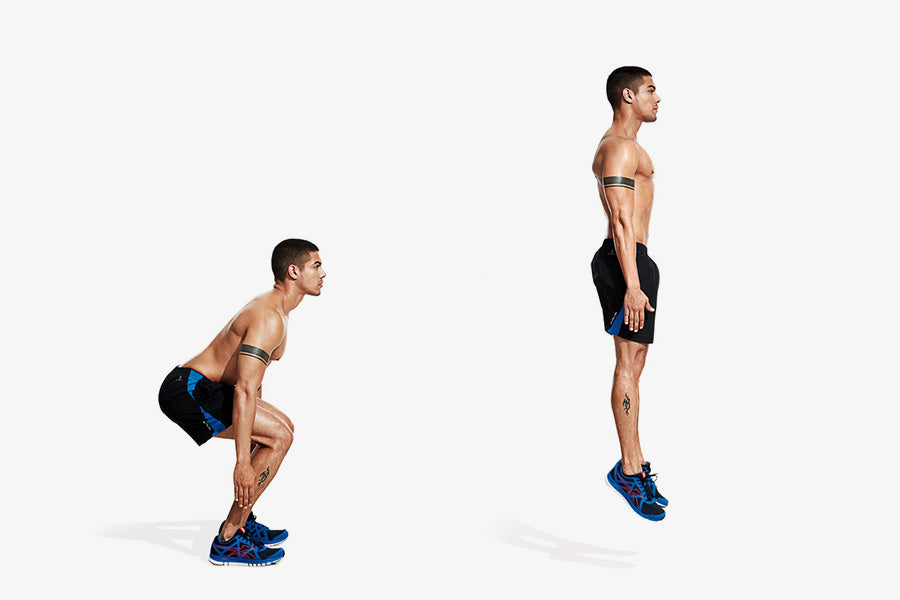Exercise and Fitness for Athletes
Regular exercise is essential for athletes of all levels. It helps to improve strength, endurance, speed, power, and flexibility. It also helps to reduce the risk of injury and improve overall health and well-being.
The Benefits of Exercise for Athletes
- Improved strength and endurance: Exercise helps to build muscle mass and strength, which can improve an athlete's performance in their sport. Endurance training helps athletes to improve their ability to perform for long periods of time without getting tired.
- Increased speed and power: Exercise can help to improve an athlete's speed and power, which can be important in sports that require quick movements or bursts of energy.
- Improved flexibility: Exercise can help to improve an athlete's flexibility, which can help to prevent injuries and improve performance.
- Reduced risk of injury: Exercise can help to strengthen the muscles and ligaments, which can help to protect the body from injury. It can also help to improve balance and coordination, which can also help to prevent injuries.
- Improved overall health and well-being: Exercise has many benefits for overall health and well-being, including reducing the risk of chronic diseases such as heart disease, stroke, and diabetes. It can also help to improve mood, sleep, and energy levels.
Types of Exercise for Athletes
There are many different types of exercise that can be beneficial for athletes. Some of the most common types include:
- Cardiovascular exercise: Cardiovascular exercise, also known as aerobic exercise, helps to improve heart health and endurance. Examples of cardiovascular exercise include running, swimming, biking, and dancing.
:max_bytes(150000):strip_icc()/3496001-GettyImages-963836496-b5597e6561764becabe815c7a241306d.jpg)
- Strength training: Strength training helps to build muscle mass and strength. Examples of strength training exercises include lifting weights, using resistance bands, and doing bodyweight exercises.

- Flexibility training: Flexibility training helps to improve range of motion and flexibility. Examples of flexibility exercises include yoga, Pilates, and stretching.

- Plyometric training: Plyometric training helps to improve power and speed. Examples of plyometric exercises include box jumps, squat jumps, and lunges.

How Much Exercise Do Athletes Need?
The amount of exercise that athletes need depends on their sport, fitness level, and goals. However, most experts recommend that athletes get at least 30 minutes of moderate-intensity exercise most days of the week. For more intense sports, athletes may need to train for longer periods of time.
It is also important to listen to your body and take rest days when needed. Overtraining can lead to injuries and burnout.
Nutrition for Athletes
In addition to exercise, nutrition is also important for athletes. Athletes need to eat a healthy diet that provides them with the nutrients they need to fuel their training and recovery. A healthy diet for athletes should include plenty of fruits, vegetables, whole grains, lean protein, and healthy fats.
Athletes should also stay hydrated by drinking plenty of water throughout the day.
Tips for Maintaining a Healthy Lifestyle as an Athlete
- Set realistic goals. Don't try to do too much too soon, or you'll risk getting injured or burned out.
- Listen to your body. If you're feeling pain, take a break.
- Get enough sleep. Sleep is essential for recovery.
- Stay hydrated. Drink plenty of water throughout the day.
- Eat a healthy diet. Fuel your body with the nutrients it needs to perform at its best.
- Find a support system. Having friends and family who support your goals can make a big difference.
Following these tips can help you maintain a healthy lifestyle and reach your athletic goals.













![[ℕ𝕖𝕧𝕖𝕣] 𝕊𝕖𝕝𝕝 𝕐𝕠𝕦𝕣 𝔹𝕚𝕥𝕔𝕠𝕚𝕟 - I Think I Have Crypto PTSD](https://cdn.bulbapp.io/frontend/images/819e7cdb-b6d8-4508-8a8d-7f1106719ecd/1)


























